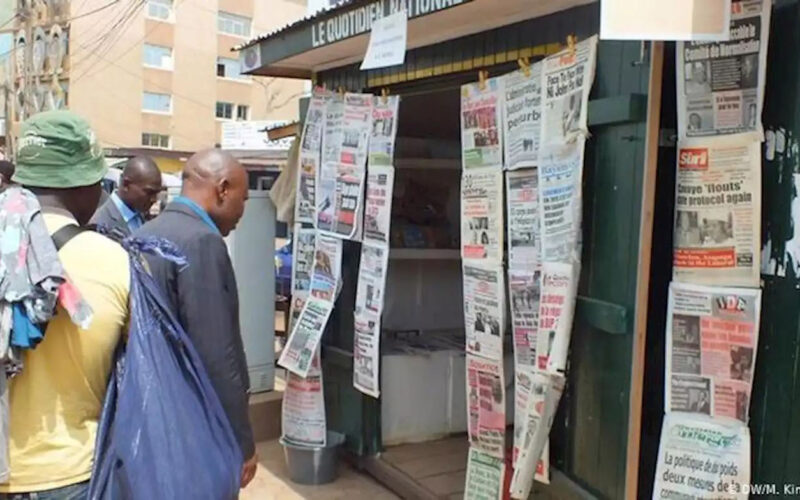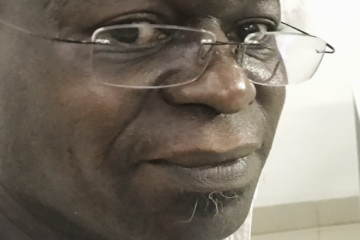[tta_listen_btn listen_text=”Audio” pause_text=”Pause” resume_text=”Resume” replay_text=”Replay”]
ACCORDING to the recently released Reuters Institute Digital News Report 2023, Kenya has the second-highest level of trust in the news of all countries included in the global report. At 63%, Kenyans’ trust in the news is remarkably high, surpassed only by Finland (at 69%).
Kenyan commercial TV outlets are that country’s most trusted news sources, alongside the Daily Nation newspaper and its associated website, according to the report.
Portugal ranked third with a score of 58%, while Nigeria and South Africa tied for fourth place with 57% each, according to the twelfth edition of the report, published by the research arm of the Thomson Reuters news agency and which is dedicated to exploring the future of journalism worldwide. The Digital News Report gathers data from 46 markets across six continents, representing over half of the world’s population.
In Nigeria, local traditional media outlets such as Channels TV, The Punch, Arise TV News, and The Vanguard are highly trusted by the public, while in South Africa, News24 and BBC News continue to be among the most trusted news organisations.
“South Africa has a well-established culture of fearless journalism, but some elements have been compromised in recent years by a chase for ratings and, in some cases, perceptions of undue influence by powerful owners,” wrote the authors.
Across countries, most online users said they still prefer to read the news rather than watch or listen to it.
On the changing nature of social media, the report reveals declining engagement with social media giant Facebook – a name that has been synonymous with the internet in many countries in Africa – and the rise of TikTok and YouTube.
Chinese-owned TikTok is growing fastest in parts of Asia-Pacific, Africa, and Latin America.
While TikTok and Instagram users tend to give more attention to celebrities, influencers, and social media personalities for news, on Facebook and Twitter, news media and journalists are still central to the conversation.
In Kenya, most journalists (57%) use social messaging to share news. The top news-sharing platforms are Facebook, WhatsApp, YouTube, Twitter, Instagram, and TikTok.
Newton Mudaki, the News Editor of Milele FM, a leading Swahili radio station, said was not surprised at the study’s results and praised Kenya’s dynamic young population for their passionate online activity.
“Kenya is a country that can be on the global map for many things but when it comes to internet stuff, this can never surprise us. Our young generation is vibrant and that is why media houses are investing in the online platform where it is proving to be the next big thing in a few years,” said Mudaki.
Thirty-year-old Nancy Ochieng, a Kenyan social media user, says that she gets 90 per cent of her news from Tiktok and Facebook, saying she has no time for TV or newspaper news.
“Online news is what keeps me up to date and in the know of what’s happening in the country. I get out of work late and wake up early, so I don’t have time to watch TV nor read a newspaper. But I can be seated in public transport heading to work or home and read news comfortably,” explained Achieng.
On the other hand, 22-year-old Allan Mwilu stated that most of his peers do not watch TV nor ever read newspapers, saying that “news outlets need to know how to get Generation Z to read news through online mediums where they are”.
“Honestly, I have never bought a newspaper in my life. I actually wonder how somebody can spend a whole hour on one. I would rather scroll my phone to find news on Twitter, TikTok and maybe Facebook, where it is effortless and sometimes I even get news unexpectedly,” said Mwilu.
According to the report, younger groups consume disproportionately more news videos via social networks but are less likely to access videos via news websites or apps.
Video consumption has been growing across markets, with Kenya at 97 per cent, the Philippines at 94 per cent and Thailand at 91 per cent. Respondents in the three countries are twice as likely to consume news videos weekly as those in the UK (46%) or Germany (45%).














